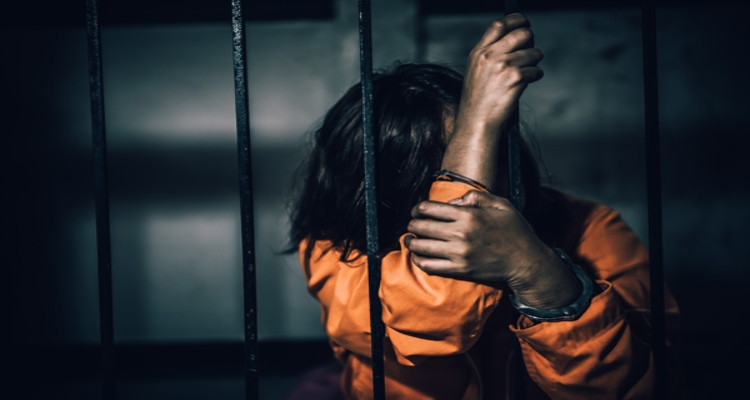
The Bombay High Court has directed the Maharashtra government to submit an affidavit outlining measures to safeguard the mental health of prisoners, in order for the court to formulate appropriate guidelines.
Justices Revati Mohite-Dere and Prithviraj Chavan expressed significant concern over prisoner suicides and emphasized the need for the State to maintain the mental well-being of inmates.
“You need to take care of the mental health of the prisoners. You should also explore how other countries manage the mental health of prisoners. We are emphasizing this due to the broader implications of this issue. We grant you four weeks to file an affidavit and present material that will allow us to consider issuing guidelines to ensure the mental health of prisoners,” the bench instructed Additional Public Prosecutor Prajakta Shinde.
The bench further inquired about the procedures for treating prisoners with mental health issues and whether a psychiatrist is available for their care. Justice Mohite-Dere highlighted that since prisoners are in the State’s custody, they must receive appropriate treatment for their health issues.
This hearing followed a plea by Lata Babulal Shinde, mother of Jitendra Shinde, a death row convict in the notorious Kopardi gang rape case of 2016, who committed suicide in Yerwada Central Jail. The plea, filed through advocate Vijay Hiremath, claims that Jitendra Shinde was suffering from mental health issues and that the prison authorities failed to provide the necessary care as required by various Acts.
The petitioner argues that the State, through the prison administration, is obligated to act as parens patriae and provide treatment for mentally ill prisoners, which has not been done.
The Kopardi case involves the rape and subsequent murder of a 14-year-old girl by three men in Kopardi village, Karjat, Ahmednagar district, on July 13, 2016. The case ignited widespread protests across Maharashtra due to the community affiliations of the victim and the accused. In November 2017, the accused were sentenced to death for gang rape, murder, and related offenses under the Protection of Children from Sexual Offences (POCSO) Act.




